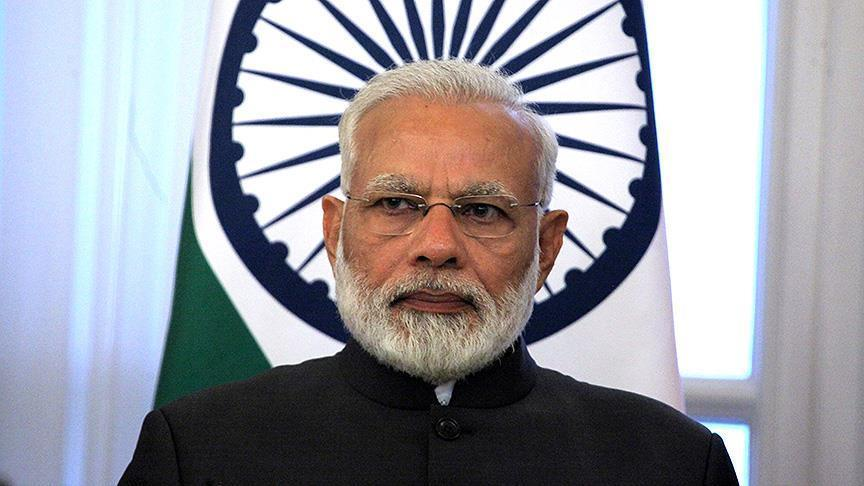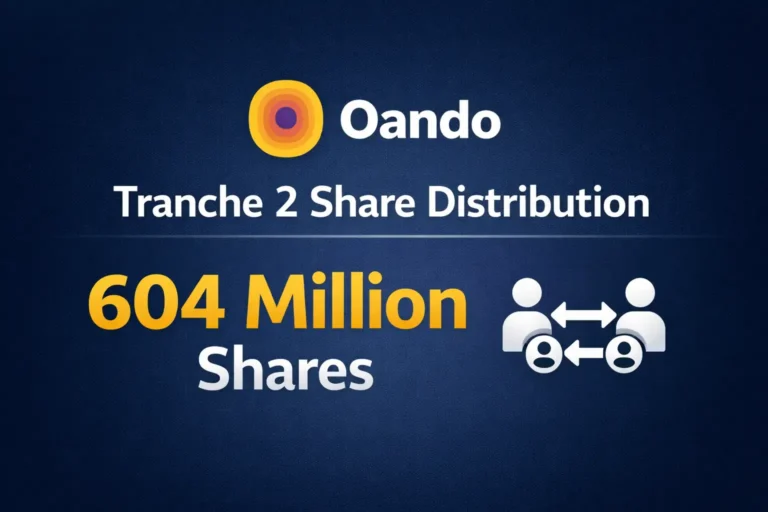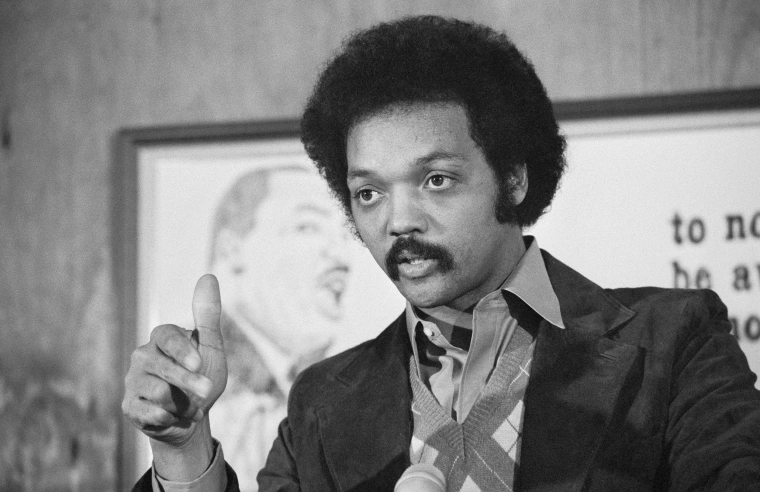India has taken a decisive step against online gambling, passing the Promotion and Regulation of Online Gaming Bill to outlaw betting platforms.
The government revealed that 450 million Indians lost a staggering $2.3 billion annually on apps offering card games, poker, and fantasy sports, including cricket-based platforms.
Officials said the move aims to curb addiction, financial ruin, and social distress linked to predatory digital games. Offenders promoting or financing gambling apps could now face up to five years in prison.
Lawmakers argue the ban is necessary to protect families from devastating losses, citing cases of addiction, suicide, and widespread fraud. Authorities also linked online gambling networks to money laundering and terrorism financing, underscoring the broader security risks.
However, industry groups had urged regulation and taxation instead of a blanket ban. They warned that prohibition may push users toward illegal offshore platforms beyond India’s jurisdiction.
Despite the sweeping ban, the law carves out safe zones for e-sports and educational games. Prime Minister Narendra Modi stressed that this measure will “encourage e-sports and online social games” while shielding society from harmful money-driven gambling.
India’s Technology Minister Ashwini Vaishnaw explained that the bill draws a clear line between constructive digital recreation and exploitative money games. E-sports, seen as part of India’s growing digital economy, will be actively promoted.
India’s ban on online gambling marks a watershed moment for its digital economy, prioritising consumer safety over industry profits.
While critics fear unintended consequences, the government insists the law will protect citizens from exploitation while nurturing safe and innovative online entertainment.

























